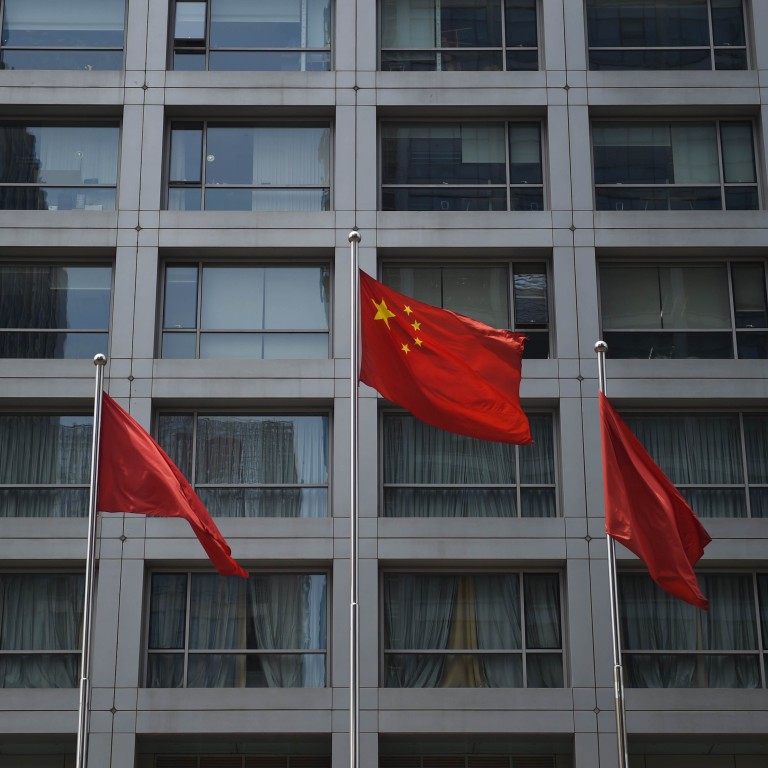
Update | China securities regulator asks for stock trading records from Hong Kong and Singapore in hunt for short sellers
China is asking foreign and Chinese-owned brokerages in Hong Kong and Singapore to hand over stock trading records, sources with direct knowledge of the requests told Reuters, extending its pursuit of investors shorting Chinese stocks to overseas jurisdictions.
Three sources at Chinese brokerages and two at foreign financial institutions said the China Securities Regulatory Commission (CSRC) had sought to identify traders and investors who had taken net short positions, or bets that prices would fall, against Chinese-listed shares.
"The implied threat by the CSRC is that anything that is not a hedge is a no-no," said a source in Hong Kong with knowledge of the requests. This person added that foreign brokers were likely to comply as best they could with the requests.
"When the CSRC makes an offer, you cannot refuse it."
China’s main share markets, both among the world’s five biggest exchanges, have lost around 30 per cent of their value since mid-June and authorities have been flailing in efforts to prevent a further sell-off.
It is common for regulators to request information from their overseas counterparts that may aid investigations at home, but it is highly unusual for the CSRC to seek information from offshore and international brokers directly, one source in Hong Kong said.
The CSRC did not answer calls requesting comment.
The sources said the CSRC was focusing on positions taken through both the Shanghai-Hong Kong Stock Connect trading link and via offshore-listed products that track mainland stocks, including index futures and exchange traded funds (ETFs).
"There have been a number of questions over the past two weeks. They are going after any type of trading activity that has a reference to China," said an executive at an international brokerage based in Hong Kong with direct knowledge of the CSRC requests.
One source at a mainland brokerage in Hong Kong said that they had received enquiries over the phone directly from the CSRC seeking evidence of "naked shorting".
This is an illegal practice in most markets and describes when an investor tries to profit from falling prices of a given stock without actually owning the shares necessary to complete the transaction.
"We immediately said we have no clients doing ’naked shorting,’ but they didn’t believe us. They asked for our records on trades through the Shanghai-Hong Kong Stock Connect and records of short-selling index futures via QFII and RQFII."
The source was referring to the Qualified Foreign Institutional Investor programme (QFII) and its yuan-denominated variant, the RQFII programme, which allow foreign institutions to buy Chinese shares and trade index futures with quota restrictions and other conditions.

